Ukraine says Western allies shouldn’t fear Russia falling apart
Ukraine’s foreign minister also defends Kyiv’s right to strike inside Russia, refuses to compromise on territory and sees no prospect for peace talks.
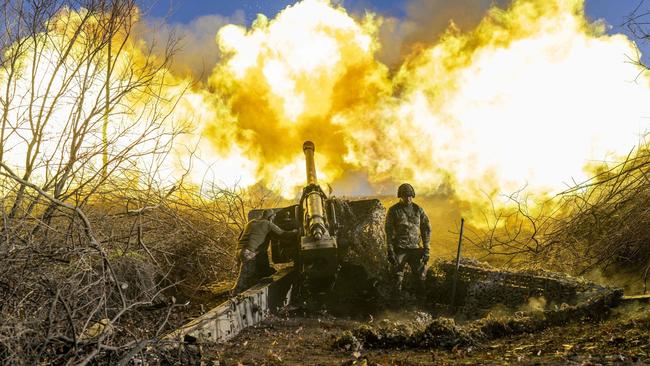
Ukraine’s foreign minister has called on the country’s allies not to fear a possible breakup of the Russian state as a consequence of the war, while defending Kyiv’s right to strike targets on Russian soil and vowing that Ukraine would never accept a peace settlement that leaves occupied lands, including Crimea, under Moscow’s control.
Though Ukraine’s Western allies are united over the goal of preventing a Ukrainian defeat, not all embrace the objective of a full-blown Ukrainian military victory, with Kyiv regaining not just the lands it lost since the February invasion but also the Crimean Peninsula and the parts of the eastern Donetsk and Luhansk regions that fell under Russian rule in 2014.
Some of these allies worry that such an outcome could profoundly destabilize the nuclear-armed Russian state, potentially leading to its fragmentation and wide-scale unrest, with unpredictable consequences for the rest of the world.
US Secretary of State Antony Blinken said Monday that Washington’s focus is on supporting Ukraine to take back territory seized by Russia since launching its invasion on February 24.
Ukrainian foreign minister Dmytro Kuleba, who expressed confidence in continuing US backing for Kyiv, said fears about preserving Russia reminded him of the so-called “Chicken Kiev” speech of 1991. Then, former US president George H.W. Bush, in a speech to Ukrainian lawmakers, warned against “suicidal nationalism,” urging Ukrainians to preserve the Soviet Union and abandon their quest for independence from Moscow.
“I’m calling on the world not to be afraid of Russia falling apart. If the wheels of history begin to turn, no human will change it,” Mr Kuleba said in an interview with The Wall Street Journal in Kyiv.
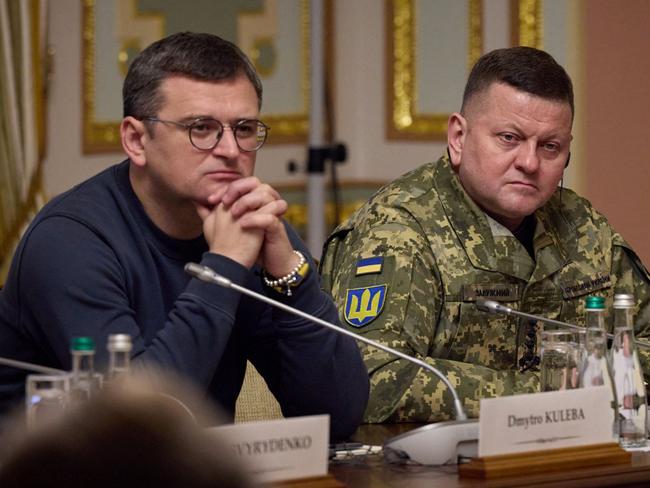
“Instead of thinking of how to help Russia survive and become a normal member of the international community, it’s time to accept the fact that this Russia cannot be a normal member of the international community,” he said. “I don’t think the world will fall apart if Russia falls apart. But it will be the people of Russia who will make their country fall apart, as it happened with the Russian Empire” in 1917.
Russia is a multiethnic country with several regions, such as some Muslim-majority parts of the North Caucasus, that were beset by separatist insurgencies in the 1990s.
In nine months of fighting, Ukraine’s military has already ousted Russian forces from more than half of the territories that they occupied in the initial weeks of the war. Last month’s Russian withdrawal from the southern city of Kherson returned to Ukrainian hands the only regional capital that Moscow had managed to seize.
President Vladimir Putin’s October claim to have annexed the Donetsk, Luhansk, Kherson and Zaporizhzhia regions means that virtually all the fighting now takes place in areas that Russia considers its own sovereign territory.
In recent weeks, Russia has rained hundreds of cruise missiles on Ukraine, seeking to destroy its electricity supply and other infrastructure and compel Kyiv to start peace negotiations that would leave Moscow in control of occupied lands. In response, Ukraine appears to have intensified clandestine strikes deep inside Russian territory, aiming to redress the power asymmetry.
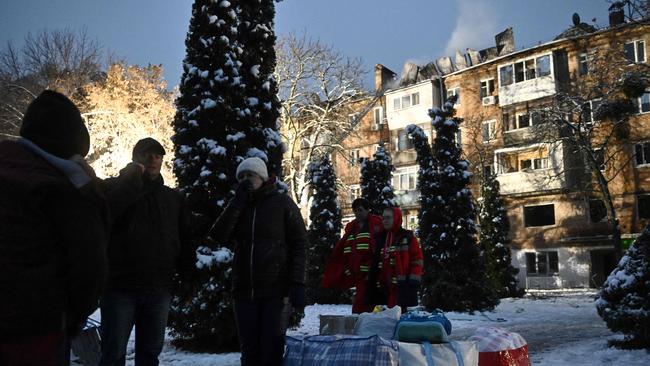
While Ukraine hasn’t claimed official responsibility, Russia and Western officials say Kyiv was behind this week’s long-range drone attacks on three Russian military airfields, including two from which strategic bombers flew on missions to launch missiles into Ukraine. At least two aircraft were put out of order, according to satellite footage. Russia said the attacks, in Engels, Diagilevo and Kursk, killed three service members.
Mr Kuleba declined to discuss specific incidents, but said Ukraine can’t be expected to hold back while it wages an existential war.
“We are first and foremost focused on striking targets in the occupied territories of Ukraine, on liberating our own territory. But of course the notion that Russia can do whatever it can technically afford doing in Ukraine while Ukraine doesn’t have the same right is conceptually, morally and militarily wrong,” Mr Kuleba said.
“Ukraine should not be endlessly victimised. We are a country that is fighting on all fronts for its survival, for its territorial integrity,” he added. “The most important thing is that no one treats Ukraine’s behaviour – as long as it complies with international laws of warfare – from the perspective that Russia can do everything it wants while Ukraine has to respect certain red lines in defending itself.”
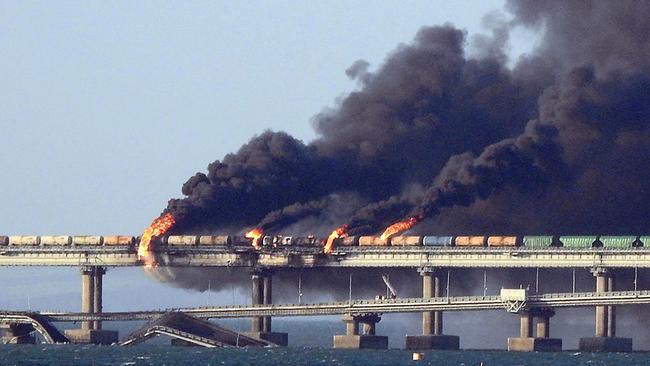
Ukraine has pledged to the US not to use American-supplied weapons to strike Russian soil. That agreement, Mr Kuleba said, doesn’t apply to Crimea, which is internationally recognised as Ukrainian territory. The US has also refrained from supplying Ukraine with the Army Tactical Missile System, or ATACMS, which has a range of some 200 miles (322km), and has modified the Himars artillery systems that it has provided to Ukraine so that they couldn’t fire ATACMS missiles into Russia should Ukraine obtain them from another source.
For Mr Putin, annexing Crimea – which many Russians consider to have been unfairly attached to Soviet Ukraine in 1954 – represents a crucial part of his legacy, and losing the territory would severely undermine his ability to govern. That shouldn’t concern Kyiv, Mr Kuleba said.
“Crimea is no different from the rest of Ukraine,” he said. “Ukraine will take all of its territories including Crimea, some by military means and others by diplomatic means. It’s too premature to make any forecasts on the balance between the two.”
Despite Moscow’s repeated statements that it seeks to engage in peace talks, Russia’s behaviour shows that it really isn’t interested in peace, Mr Kuleba added. Since withdrawing from Kherson, Russia has moved forces to the eastern Donbas region, where it is pushing to seize the city of Bakhmut. “They are preparing for new battles, and for new offensive operations, not for talks. So nothing speaks in favour of Russia being ready to talk,” Mr Kuleba said.
Mr Blinken, in his remarks at The Wall Street Journal CEO Council Summit on Monday, expressed similar scepticism about prospects for a negotiated outcome. “Unless and until Russia demonstrates that it’s interested in meaningful diplomacy, it can’t go anywhere,” he said.
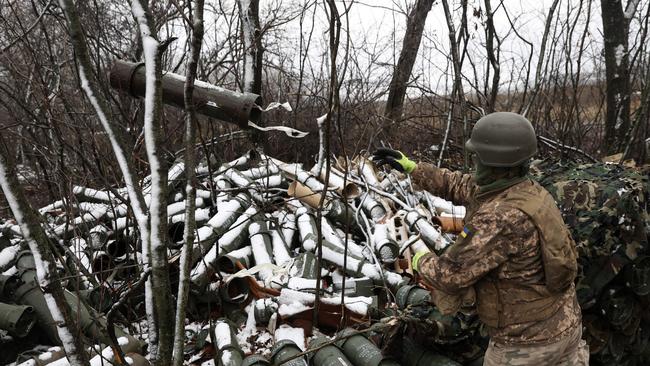
The Minsk ceasefire agreements in 2014 and 2015, which left parts of Donetsk and Luhansk under de facto Russian control, showed the futility of negotiations with Moscow, the Ukrainian foreign minister added.
“What will not be negotiated is the issue of the territorial integrity of Ukraine,” Mr Kuleba said. “We’ve suffered too much in the last nine months – we learned the lesson of the so-called Minsk process that had tortured us for eight years – to be ready to make any concessions on territory and people who live there.” Mr Kuleba said Russia’s behaviour suggests Moscow still seeks a military victory, including the conquest of all of Ukraine.
“Putin and his closest entourage are hoping for a miracle that will happen and turn the tables,” he said, reiterating Ukraine’s call on allies to provide it with more weapons, including Western-made tanks, jet fighters and ATACMS missiles.
In the past, Mr Kuleba said, the US and allies lifted longstanding taboos and supplied Ukraine with the weapons that they refused to provide in the past, such as 155mm howitzers or Himars, when the tide of the fighting turned against Kyiv.
Mr Kuleba said that at a North Atlantic Treaty Organisation foreign-ministers meeting in Bucharest late last month he urged his counterparts to “completely change the optics: Instead of waiting for a crisis in order for them to make a decision, they have to make decisions now in order to avoid a crisis.”
Asked about the response to the proposal, Mr Kuleba said the NATO governments need time to reflect.
The Wall Street Journal

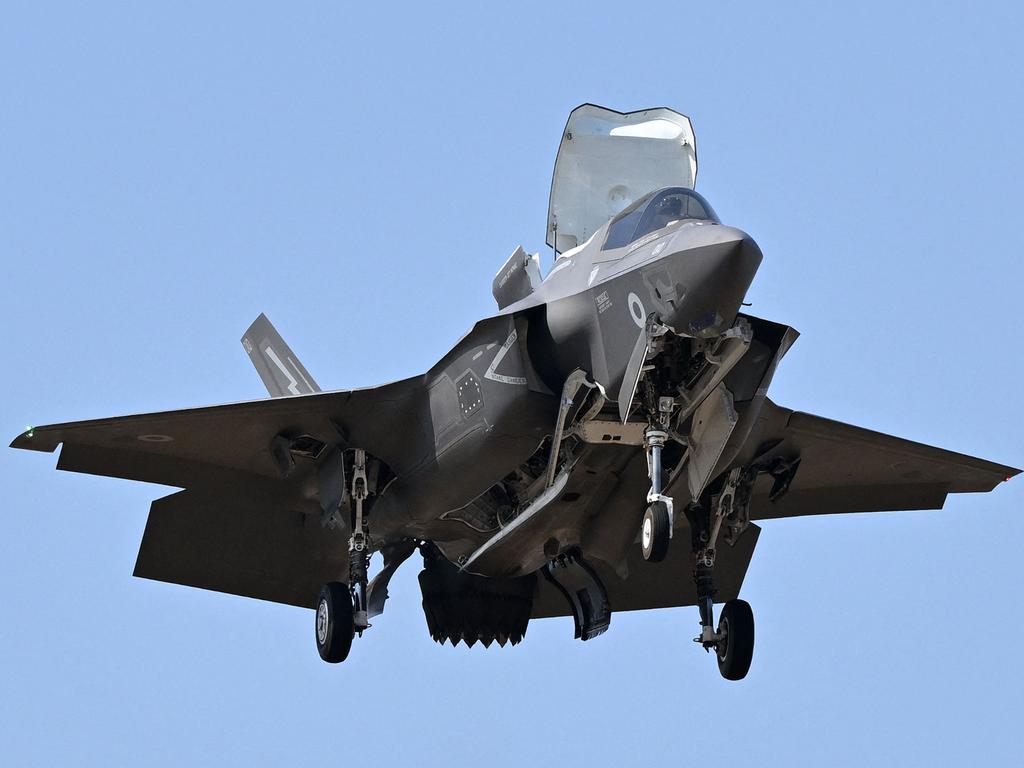


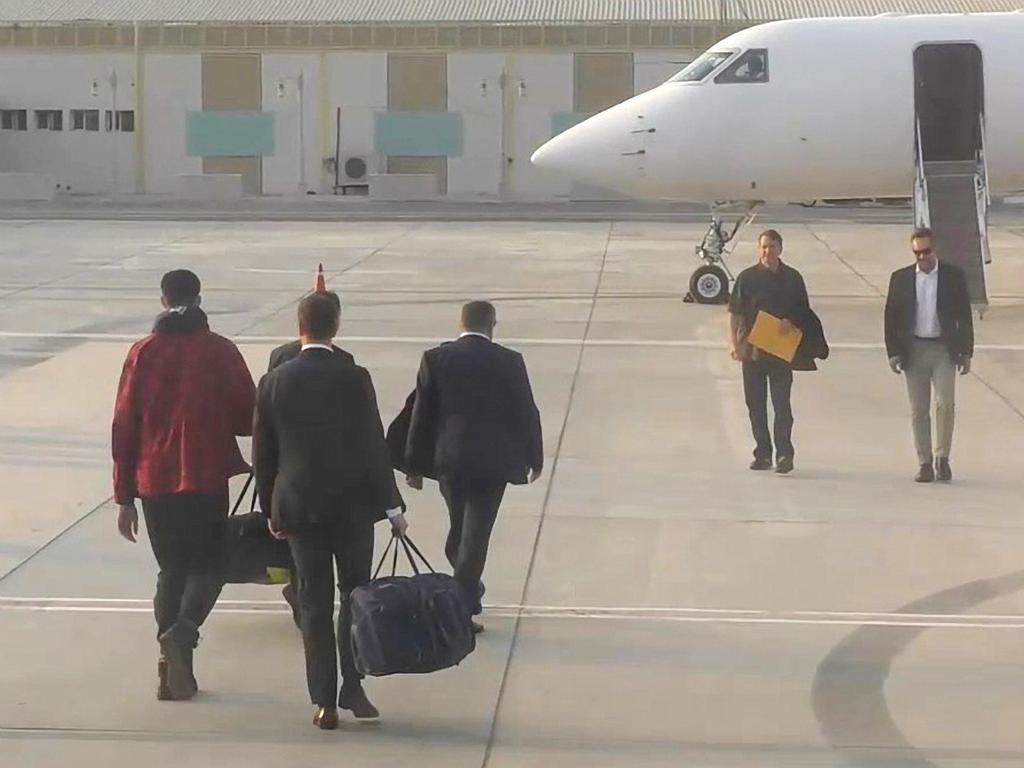


To join the conversation, please log in. Don't have an account? Register
Join the conversation, you are commenting as Logout